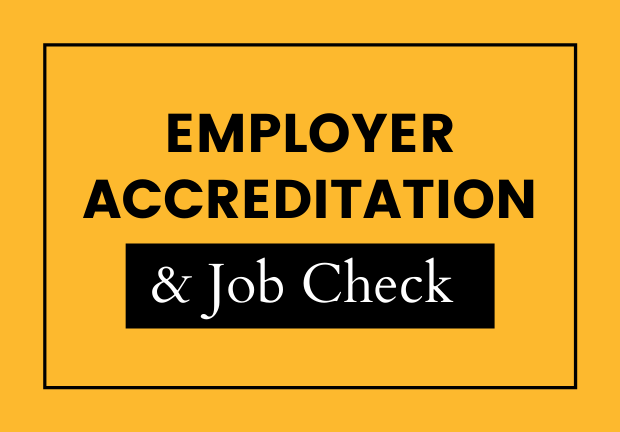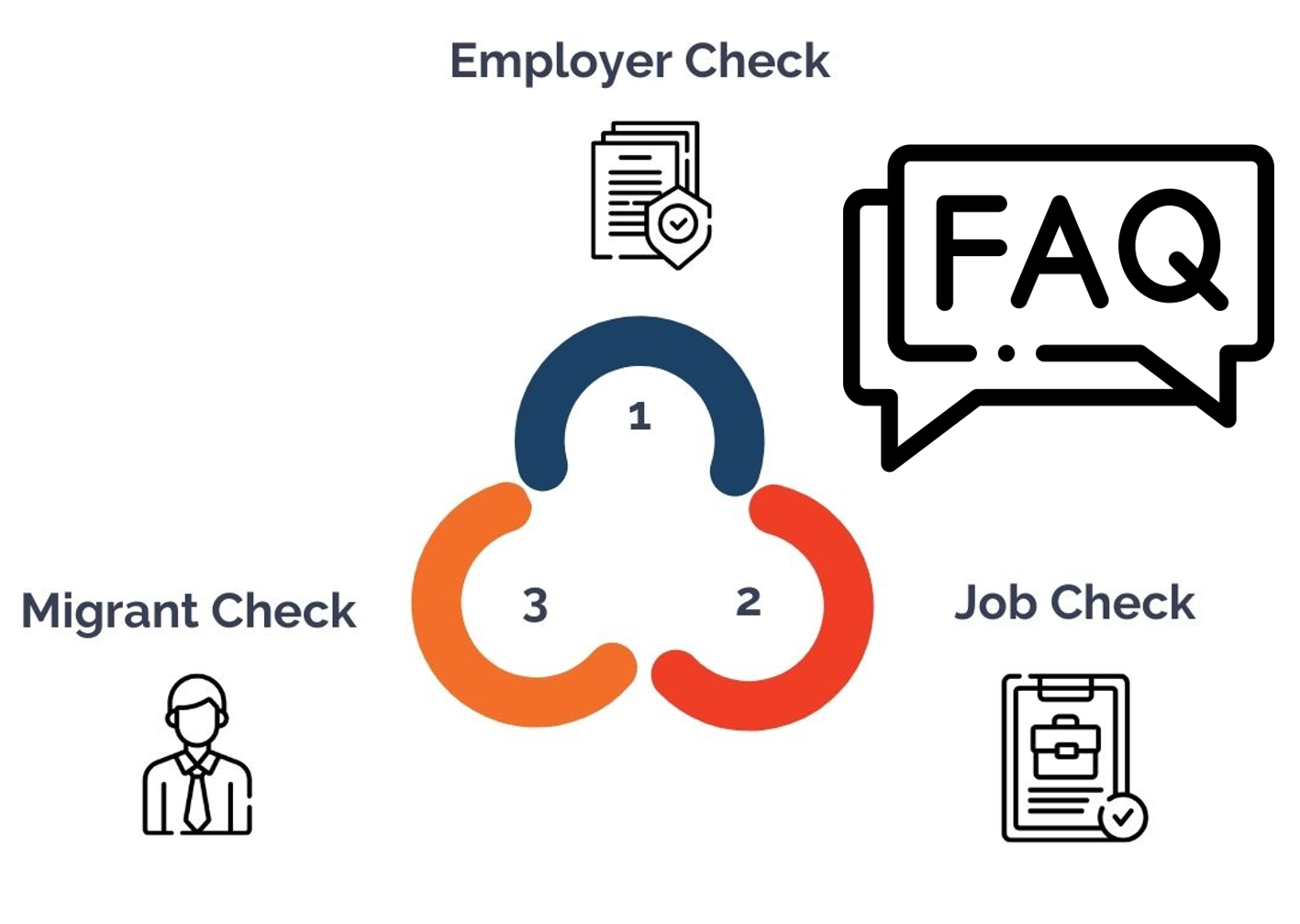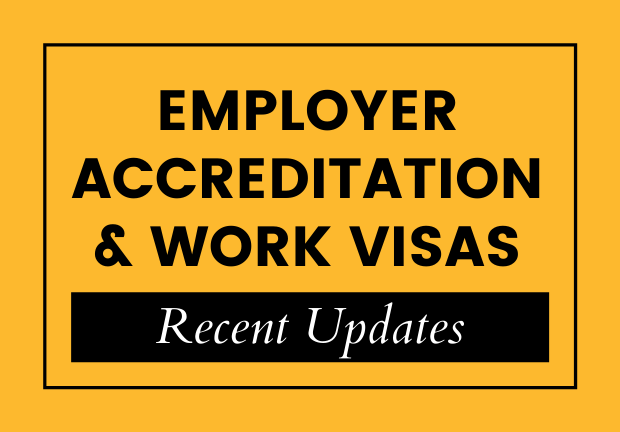5 things to know if your business is not applying for Accreditation
12 July 2023INZ employer accreditation, job checks and Accredited Employer Work Visa (AEWV) have become the main way to support a migrant employee on a work visa.
The previous category and one of the longest-standing work visas – Essential Skills Work Visa - ceased to exist on 3 July 2022.
This new mandatory regime is a completely new process that consists of three steps, two of which are controlled by the employer. You can read more about the three steps here. This system is also completely different from the traditional accreditation system which closed on 21 October 2021.
Applications for business accreditations has opened from 23 May 2022 with the entire process, from the Employer Accreditation application to the migrant getting the Accredited Employer Work Visa, taking about two months to complete.
So, if your business is not going to apply for this new accreditation, here is a list of five things to keep in mind:
1. Can’t support migrant workers for a new visa from 4 July 2022
Do you currently have migrant employees working for you? If yes, then when their current visa expires, they won’t be able to continue working for you if you are not accredited. In fact, anyone that needs a job with you to stay in the country can only do so if your business is accredited.
2. Can only hire migrants on open work visas - but only till end of 2023
You’ll have a limited pool of applicants to choose from when looking for an ideal employee.
You ’will only be able to hire immigrants who are in New Zealand on an open work visa for full-time work but only till end 2023. Open work visa categories include anyone on a work visa that has open work rights ie they are not tied into an employer, position, location, or minimum work hours. Therefore, migrants on Post Study Work visa, Partnerships visa, and some Working Holiday visa holders will be eligible to work for your business. Keep in mind, that these employees are able to work with any business and can leave the job at any time.
Immigration NZ had initially stated that accreditation would not be required if businesses want to hire people from this cohort (open work rights) but have recently changed this to state that accreditation will become compulsory if any migrant is to be hired; but this change will come into effect from 2024.
3. Potential risk to business continuity
Cycling back to the first point, you won’t be able to keep supporting your migrant employees once their visas expire. So, unless your business is accredited, you may be facing a risk of losing valuable migrant workers in the team. Plain and simple, this could potentially interrupt a business flow and put ting its continuity at risk.
4. Hire New Zealanders
There is always an option of hiring a Kiwi instead. But what if you don’t find a suitable New Zealander?
5. Consider additional training
The only option, if your business is not accredited, will be to either train a New Zealander or provide extra training for your current staff on open work visas, so that they are able to do the role. Staff undergoing additional training will require extra costs and time, which you will need to budget and plan for.
Industries such as hospitality, tourism, IT and healthcare rely heavily on the migrant workforce. So, if you are in a migrant-reliant industry and choose not to hire qualified migrants, you have a restricted pool of clients and might not be able to keep up with the demand for the business.
If you were contemplating whether your business should get accredited and these five facts changed your mind, you can start by contacting us for assistance today.
We are here to help make this process smoother for your business and hold your hand through the numerous immigration changes coming our way. Go ahead and fill out this Employer Accreditation form and we will go from there.
.png)



